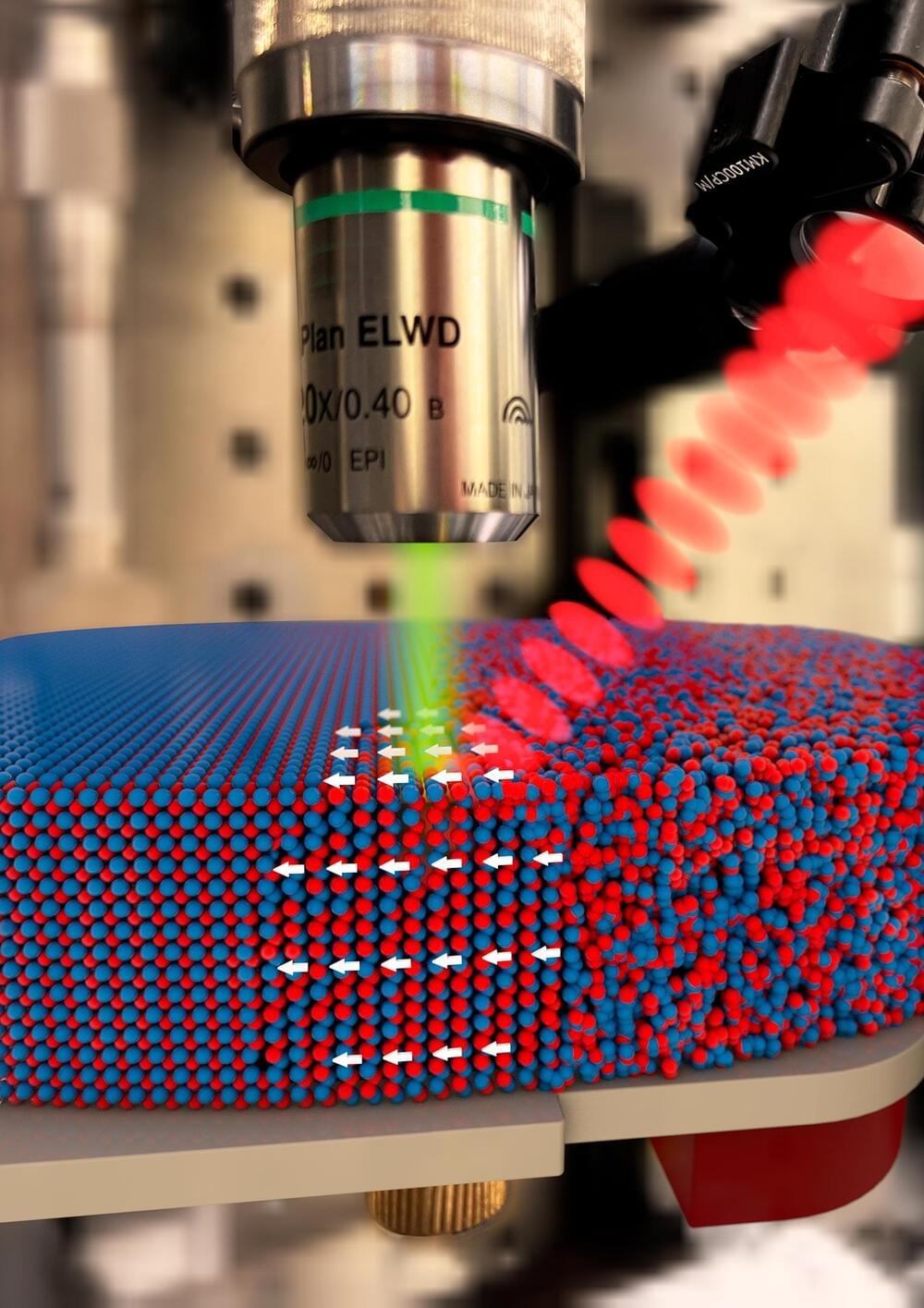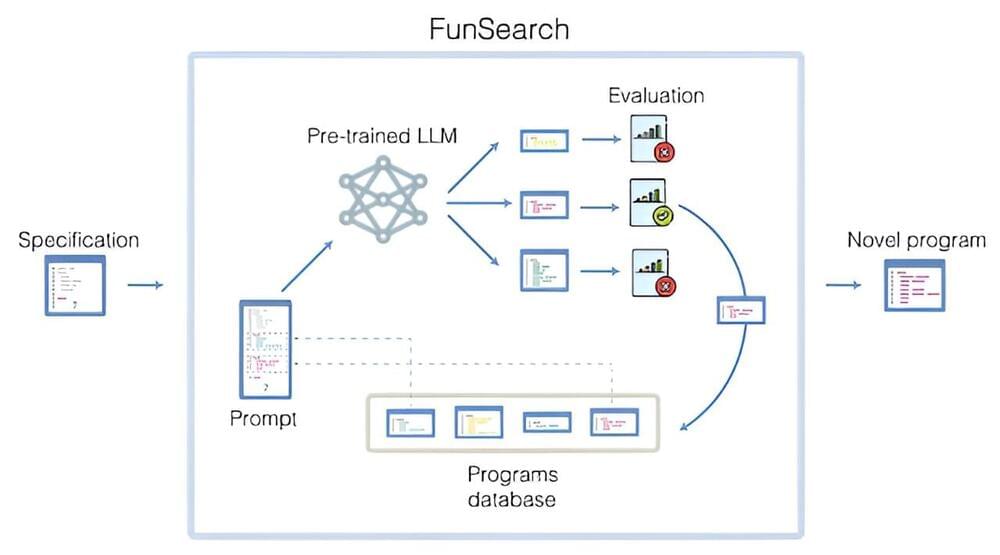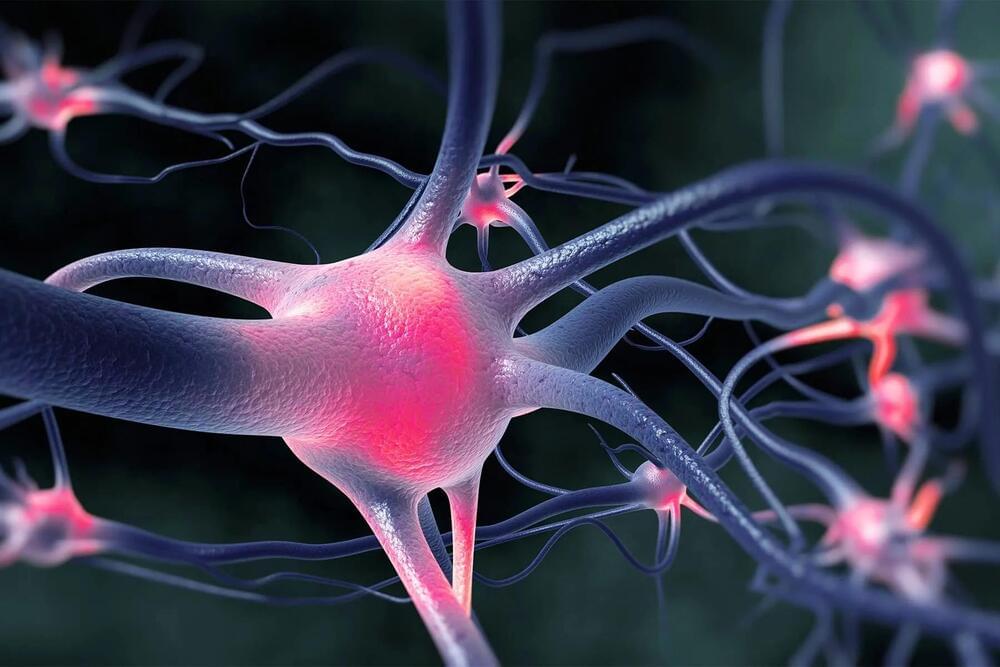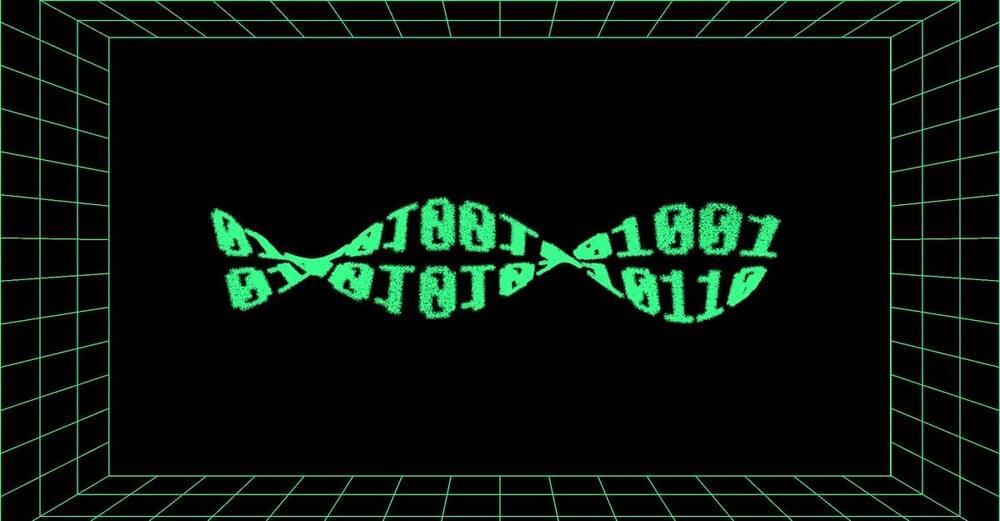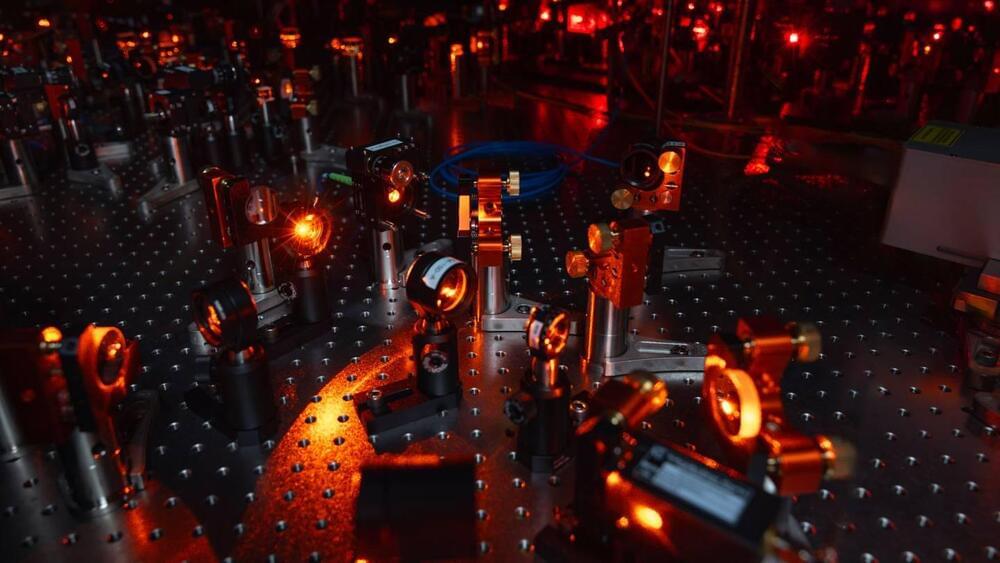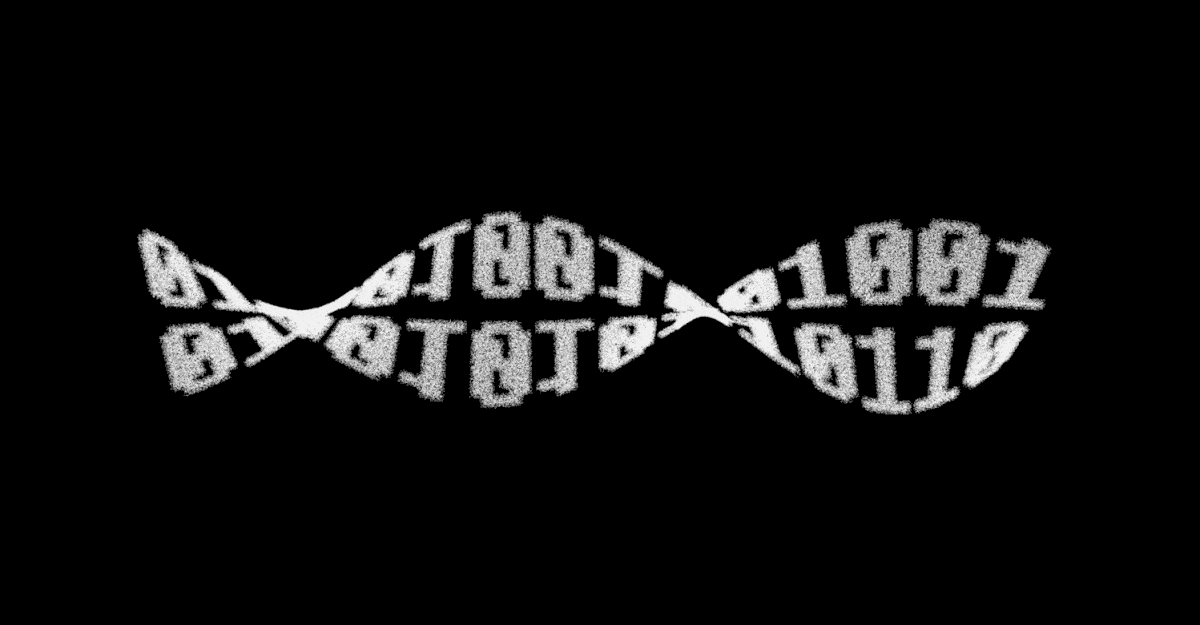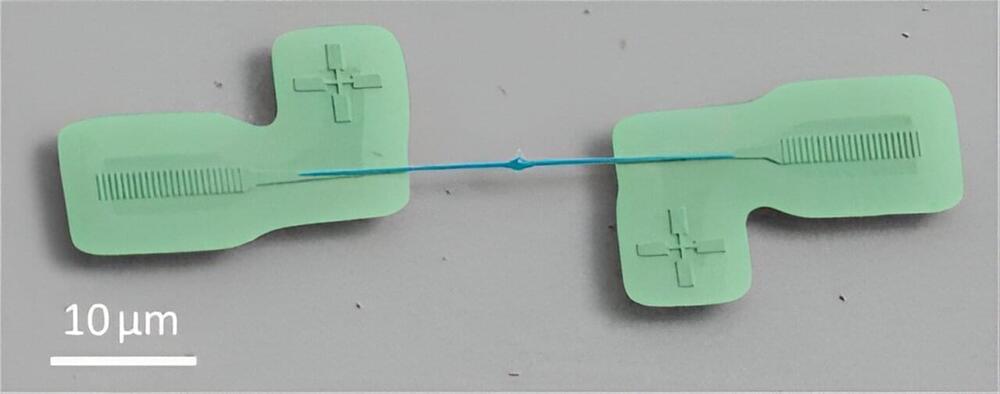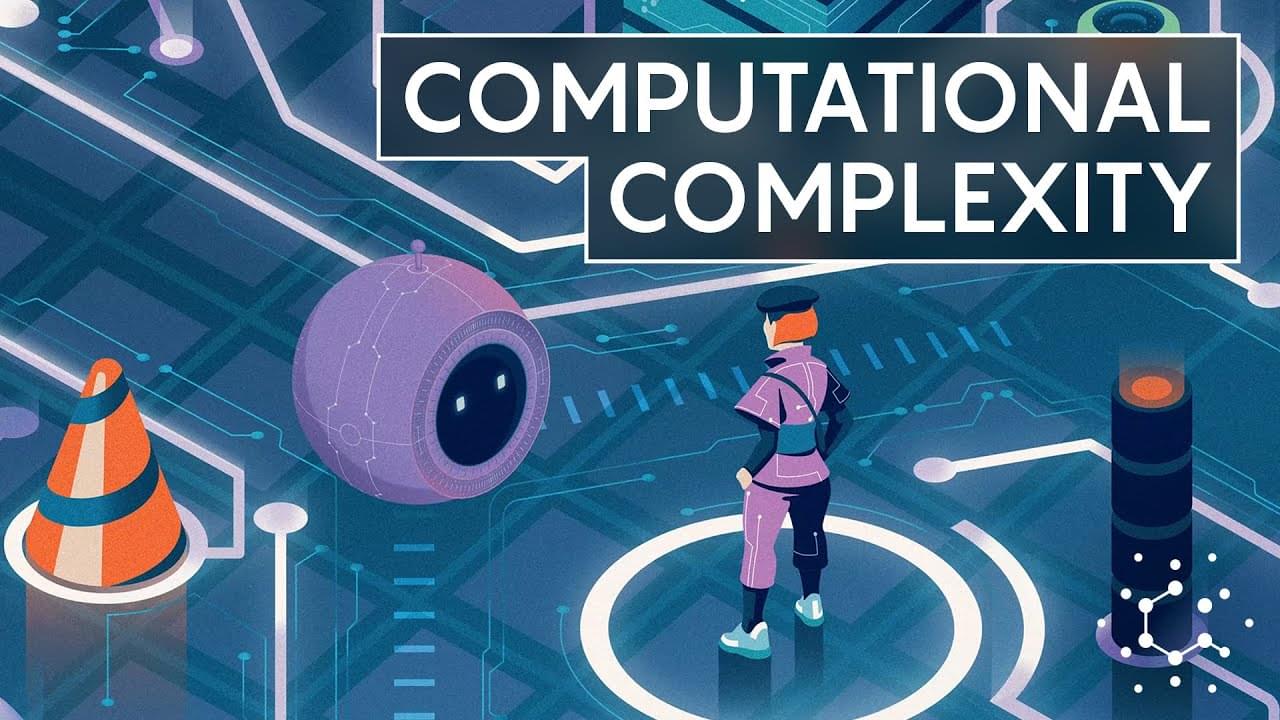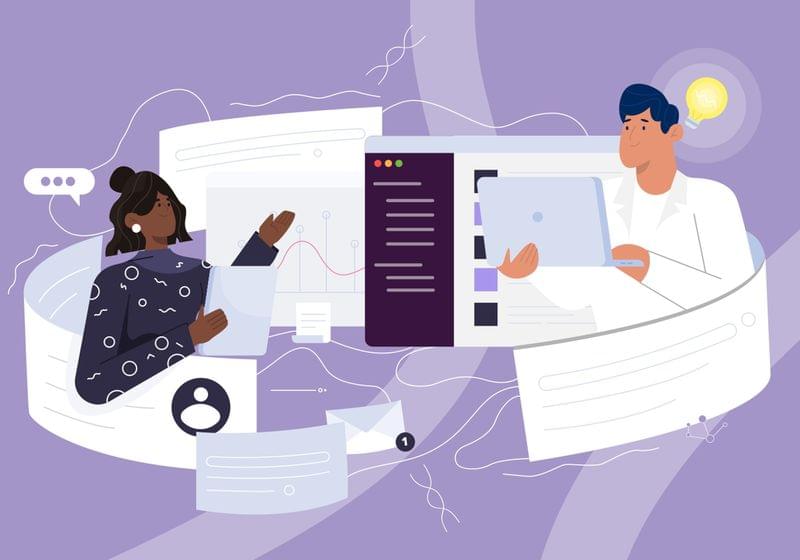Dec 20, 2023
Magnetization by Laser Pulse: A Futuristic Twist in Material Science
Posted by Saúl Morales Rodriguéz in categories: computing, particle physics, science
A research team has revealed that ultrashort laser pulses can magnetize iron alloys, a discovery with significant potential for applications in magnetic sensor technology, data storage, and spintronics.
To magnetize an iron nail, one simply has to stroke its surface several times with a bar magnet. Yet, there is a much more unusual method: A team led by the Helmholtz-Zentrum Dresden-Rossendorf (HZDR) discovered some time ago that a certain iron alloy can be magnetized with ultrashort laser pulses. The researchers have now teamed up with the Laserinstitut Hochschule Mittweida (LHM) to investigate this process further. They discovered that the phenomenon also occurs with a different class of materials – which significantly broadens potential application prospects. The working group presents its findings in the scientific journal Advanced Functional Materials.
Breakthrough Discovery in Magnetization.
